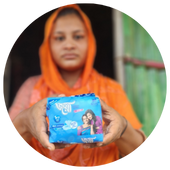#betterwithwater in bangladesh
the situation
in bangladesh
A country in climate crisis.
In Bangladesh, 19% of the population does not have access to a source of drinking water. The situation is worsening due to climate change.
Indeed, it is estimated that Bangladesh, a country heavily affected by climate disasters, could lose 17 to 20% of its land area by 2050. This means that 25 to 30 million people will have to move inland, swelling the slums of major cities.
Since 2012, better with water has provided sustainable access to running water at home for more than 14,000 residents of the slums in Dhaka and Chattogram.


55% of the population lives in a slum

60% of the population does not have secure access to water and sanitation facilities

38% of the population drinks water from contaminated sources

#waterpowered
concrete actionsfor concrete results
Our project improves access to livelihoods and WASH services, transforming the overall living conditions of communities. Employees, such as plumbers, collectors, or community development agents, are trained and mainly come from the intervention neighborhoods to contribute to poverty reduction and promote community empowerment.

14 995
beneficiaries of access to water

1 667
people raised awareness about hand hygiene in 2024

936
people raised awareness about menstrual hygiene in 2024

202
volunteer firefighters

134
awareness events on waste management in 2024

36
volunteers meetings in 2024
#betterwithwaterteam
meet our management teamin bangladesh

Mahiul Kadir
Country director

Fakhrul Islam
Administrative and financial manager

Vincent Allain
Social enterprise program manager

Subroto Tudu
NGO program manager

Jill Van Hellemond
Partnerships and communication manager

Hira Khanom
HR manager
#waterpowered
Because our actions have consequences,
discover the testimonials

I used to hurry to stand in line at the well to collect water, while carrying my Kolshi (water jars). To have enough water for my whole family, I had to fill two jars, which often led to tensions or disputes with neighbors who were also waiting to get water.
Now, I no longer have to worry about fetching water. There are fewer illnesses like diarrhea in my family.
Nurbanu  water customer in Bhashantek, Bangladesh
water customer in Bhashantek, Bangladesh

I participated in the session on menstrual hygiene to learn more about menstruation. I gained a better understanding of the menstrual cycle and how to stay clean and protected. During my period, I used to feel weak, but thanks to the BWW session, I realized the common symptoms that women experience.
Before, I used to hide the issue of menstruation from my parents, but I have now understood that it’s natural and cannot be hidden. There is no reason to feel ashamed to talk about it with other family members. Monthly periods are a natural part of being a woman, a sign of health and fertility.
Mariam  beneficiary in Bhashantek, Bangladesh
beneficiary in Bhashantek, Bangladesh

#betterwithwater in bangladesh


